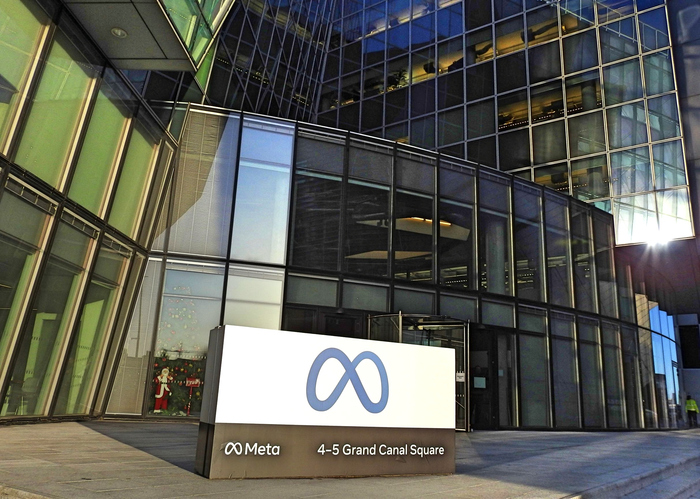May 14, 2025

This information is provided for educational purposes only by Kohn, Kohn & Colapinto and does not constitute legal advice. No attorney-client relationship is created by accessing this content. Laws and regulations may change, and this material may not reflect the most current legal developments. If you believe you have a whistleblower claim, consult a qualified attorney to discuss your specific circumstances.
In the world of securities regulation, the Securities and Exchange Commission (SEC) depends on the eyes and ears of those on the inside to expose fraud and corruption. To this end, the SEC has developed a Whistleblower Program, which recognizes the value of quality information and incentivizes insiders to report securities violations.
The awards for quality information can be substantial, ranging from 10% to 30% of the money collected in sanctions over $1 million. But the Commission doesn’t determine these amounts arbitrarily. They make their decision based on positive and negative factors, each playing a role in shaping the final award amount.
Former SEC Chair and Acting Commissioner Allison Herren Lee Joins the KKC Team
We’re happy to announce the addition of Allison Herren Lee, a highly respected former SEC acting chair and commissioner to our team. Lee’s knowledge of the Dodd-Frank Act and SEC Whistleblower Program equips her to passionately defend whistleblowers and aid them in obtaining rewards for their actions. If you are an SEC whistleblower prepared to voice your concern, Allison Lee is on hand to support you.
SEC Whistleblower Award Factors
Positive Factors
These aspects can increase the award amount, signaling the SEC’s appreciation for responsible and impactful whistleblowing:
- Significance of the Information: If the whistleblower’s information is critical to the success of the case, the reward may be larger.
- Assistance Provided: The nature and extent of the whistleblower’s help during the investigation can result in a higher award.
- Law Enforcement Interest: A case that serves significant law enforcement interests might lead to a more substantial reward.
- Participation in Internal Compliance Systems: Reporting violations through internal channels can also positively influence the award.
These positive elements reflect a desire to incentivize comprehensive and timely reporting that not only holds violators accountable but also deters future misconduct.
Negative Factors
On the other hand, certain factors can reduce the award amount:
- Culpability: If the whistleblower is involved in the wrongdoing, the reward may be decreased.
- Unreasonable Reporting Delay: Delays in reporting the violation can negatively affect the award.
- Interference with Internal Compliance Systems: If the whistleblower hinders the organization’s internal processes, it may result in a reduced award.
These negative aspects serve as cautionary notes, reflecting the need for integrity and promptness in reporting.
Understanding Award Factors
Balancing these positive and negative factors is complicated. The SEC’s efforts are guided by principles that aim to build a culture of ethical reporting while recognizing the complexity of individual cases.
The determination of awards is more than a simple exercise. It’s a statement about values and priorities in the world of finance and securities. Each case paints a picture, a story shaped by facts, ethics, timing, and the law itself.
Those considering blowing the whistle should not walk the path alone. Understanding the specific rules, namely Rule 21F under the Securities Exchange Act of 1934, and seeking professional legal counsel can make a huge difference in the outcome of a case.
In the end, the SEC’s Whistleblower Program stands as a testament to the value of truth and transparency in the financial world. It’s a system that rewards courage, honesty, and diligence while acknowledging that these virtues must be honored and respected.
Our Firm’s Cases

Environment & Human Rights Violations Exposed
Oil industry’s environmental crimes and cover-up in Colombia have been exposed. Whistleblower Andrés Olarte Peña, with the support of his attorneys Kohn, Kohn & Colapinto and the damning evidence compiled in the Iguana Papers, is calling for an investigation into Ecopetrol and its executives by the Colombian government and the U.S. Securities and Exchange Commission.

$30 Million Award
Protecting the confidentiality of Wall Street whistleblowers is among the most important breakthroughs in federal whistleblower law. Under the Dodd-Frank Act, whistleblowers can file anonymous cases, and everything about their case, including who they sued, remains secret.

$13.5 Million Award
Our firm represented an anonymous whistleblower, who on May 17, 2021, received a whistleblower award of almost $13.5 million. The SEC has issued more than $31 million in whistleblower awards related to this case.

![Reporting Recordkeeping Failures To The Sec [2025 Guide]](https://kkc.com/wp-content/uploads/2025/01/Recordkeeping-Failures.jpg)




